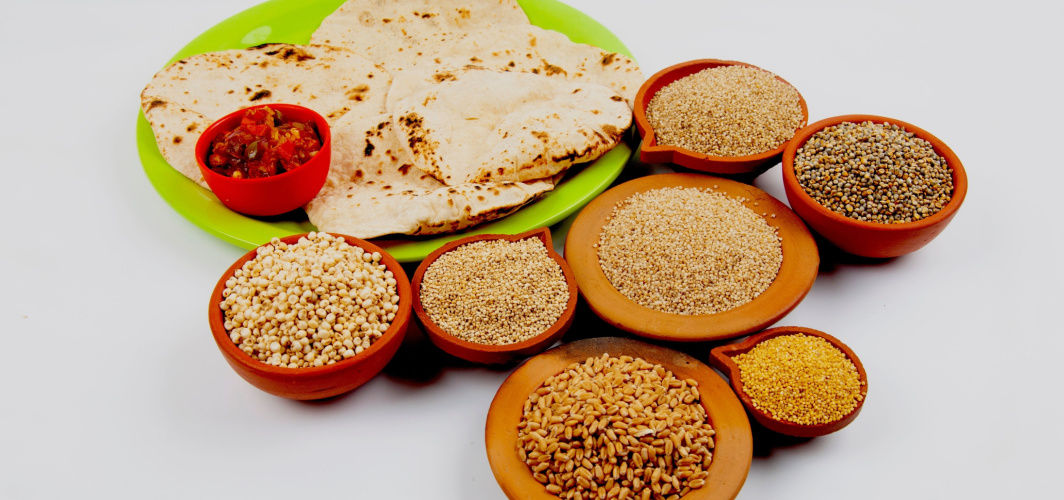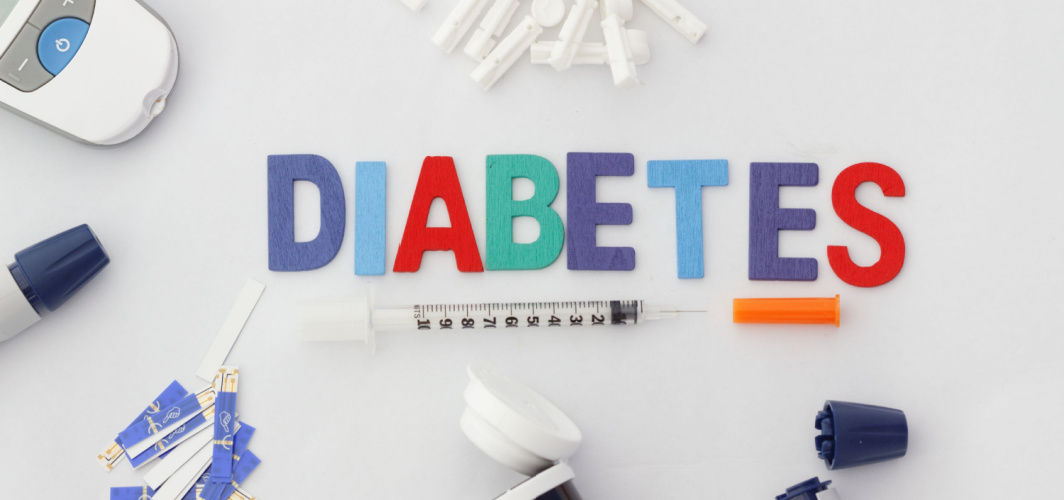Diabetes Management
The Benefits of Paneer for Diabetes Management
1 min read
By Apollo 24|7, Published on - 12 July 2024
Share this article
0
0 like
.jpg?tr=q-80)
The debate around the role of paneer or cottage cheese in a diabetic diet has been ongoing. As a protein-rich and low-carbohydrate food, paneer is often seen as a good dietary addition for those managing diabetes. However, the question remains: Is paneer beneficial for diabetes? Let's delve into this topic.
Understanding Paneer and Diabetes
Paneer comes with a low glycaemic index, which means it does not cause a sudden surge in blood sugar levels. This feature makes it a preferred option for individuals with diabetes. It is packed with protein and low on carbohydrates; this combination aids in managing blood sugar levels and keeps you feeling full for longer periods. Research indicates that regular consumption of paneer can improve insulin sensitivity and decrease the risk of complications associated with diabetes.
Optimal Consumption of Paneer
While paneer is beneficial for managing diabetes, the way it is consumed matters. Opt for low-fat or homemade paneer as it contains less saturated fat compared to high-fat variations like malai paneer. Pairing paneer with high-fibre, low-carb foods like vegetables can slow down the absorption of carbohydrates. It's best to avoid dishes that use paneer with high-carb sauces or gravies.
Nutritional Breakdown of Paneer
A 100g serving of paneer typically contains 323 calories, 5 g of carbohydrates, 15 g of protein, and 27 g of fat. Additionally, paneer is rich in calcium and vitamin A.
Considering this profile, while the high protein and low carbohydrate content make it suitable for people managing diabetes, moderating consumption is key.
Following a structured approach to managing diabetes through lifestyle changes and personalised support can yield promising results. The Apollo Super 6 programme is designed to help you adopt positive changes that can aid in your journey to optimal health.
Diabetes Management
Consult Top Diabetologists
View AllLeave Comment
Recommended for you

Diabetes Management
Healthier Roti Alternatives for People with Diabetes
Discover healthier roti for diabetes management: Multigrain (jowar, bajra, ragi) is nutrient-rich and low-glycemic. Oats roti aids blood sugar with fiber and beta-glucans. Almond flour, flaxseed, and chickpea flour roti offer low-carb, high-fiber options. Embrace these for a varied, nutritious diet.

Diabetes Management
Prevalence of Diabetes in India: These Are The 5 Worst-Affected States
A Lancet study reveals alarming diabetes prevalence in India, with 101 million affected individuals, constituting 11.4% of the population. States such as Goa (26.4%), Puducherry (26.3%), and Kerala (25.5%) top the list. Despite a lower prevalence in Uttar Pradesh (4.8%), the study warns of a potential surge. Regional disparities show higher rates in urban areas. Experts emphasize lifestyle changes, citing sedentary habits and poor nutrition as key contributors.

Diabetes Management
Can Diabetes Be Diagnosed Without Symptoms?
Asymptomatic diabetes demands early detection. Screening tests like Fasting Blood Glucose, Oral Glucose Tolerance, and HbA1c are crucial. Early diagnosis enables prompt treatment, lifestyle adjustments, and complication prevention. Regular check-ups are vital for effective diabetes management.
Subscribe
Sign up for our free Health Library Daily Newsletter
Get doctor-approved health tips, news, and more.
Visual Stories

8 Fruits That are Incredibly Healthy for Diabetes
Tap to continue exploring
Recommended for you

Diabetes Management
Healthier Roti Alternatives for People with Diabetes
Discover healthier roti for diabetes management: Multigrain (jowar, bajra, ragi) is nutrient-rich and low-glycemic. Oats roti aids blood sugar with fiber and beta-glucans. Almond flour, flaxseed, and chickpea flour roti offer low-carb, high-fiber options. Embrace these for a varied, nutritious diet.

Diabetes Management
Prevalence of Diabetes in India: These Are The 5 Worst-Affected States
A Lancet study reveals alarming diabetes prevalence in India, with 101 million affected individuals, constituting 11.4% of the population. States such as Goa (26.4%), Puducherry (26.3%), and Kerala (25.5%) top the list. Despite a lower prevalence in Uttar Pradesh (4.8%), the study warns of a potential surge. Regional disparities show higher rates in urban areas. Experts emphasize lifestyle changes, citing sedentary habits and poor nutrition as key contributors.

Diabetes Management
Can Diabetes Be Diagnosed Without Symptoms?
Asymptomatic diabetes demands early detection. Screening tests like Fasting Blood Glucose, Oral Glucose Tolerance, and HbA1c are crucial. Early diagnosis enables prompt treatment, lifestyle adjustments, and complication prevention. Regular check-ups are vital for effective diabetes management.


